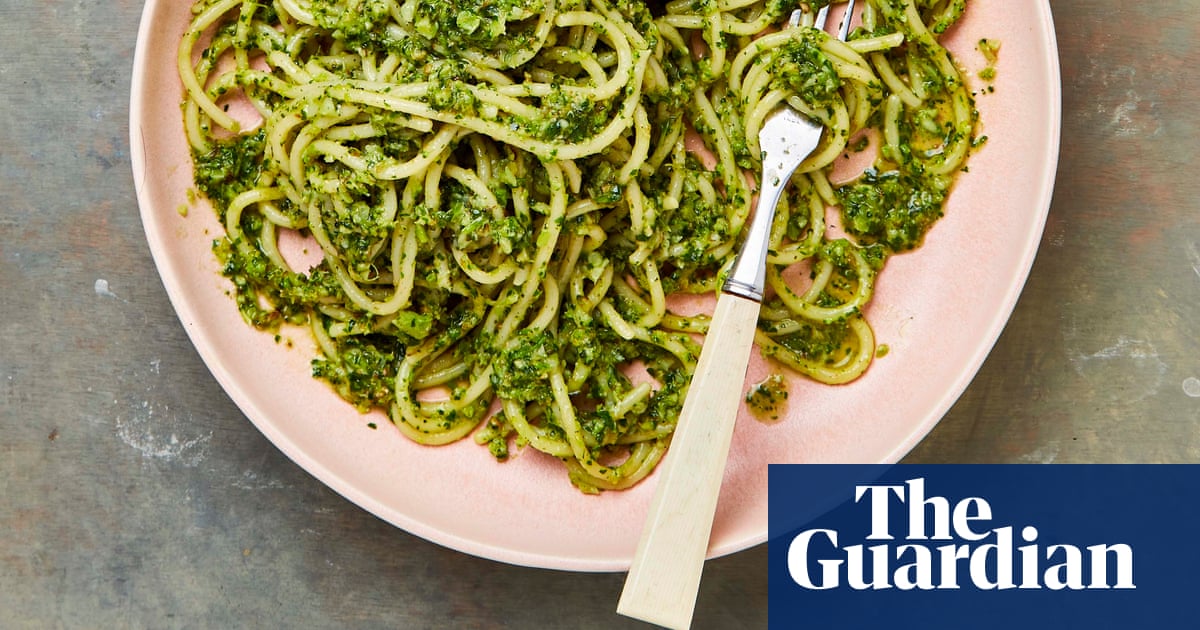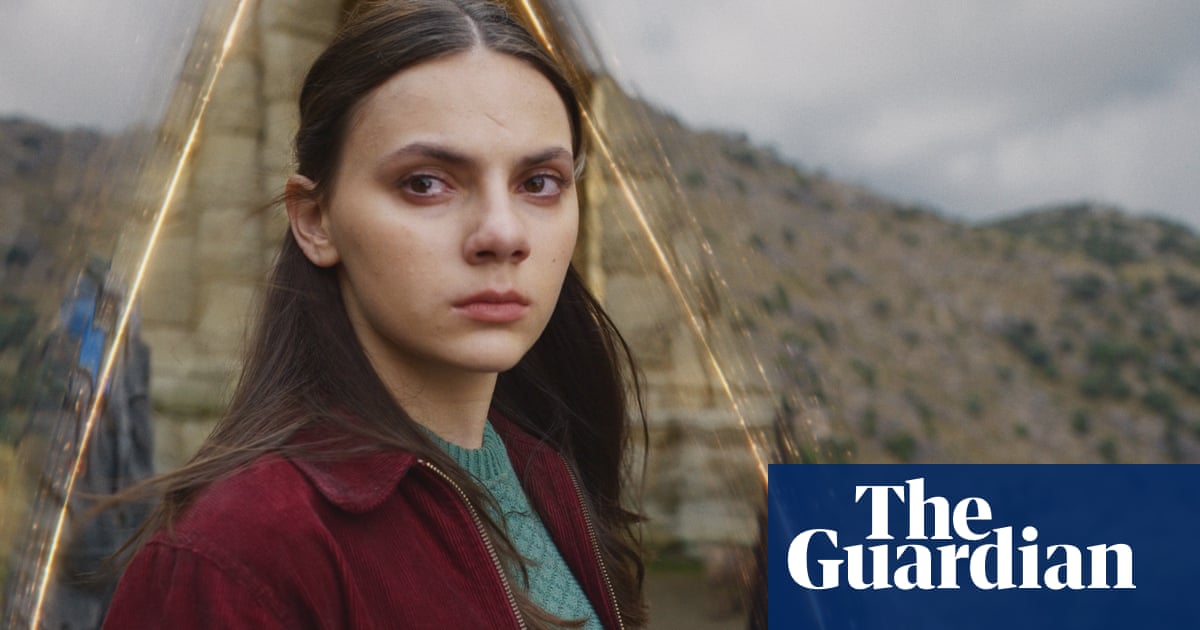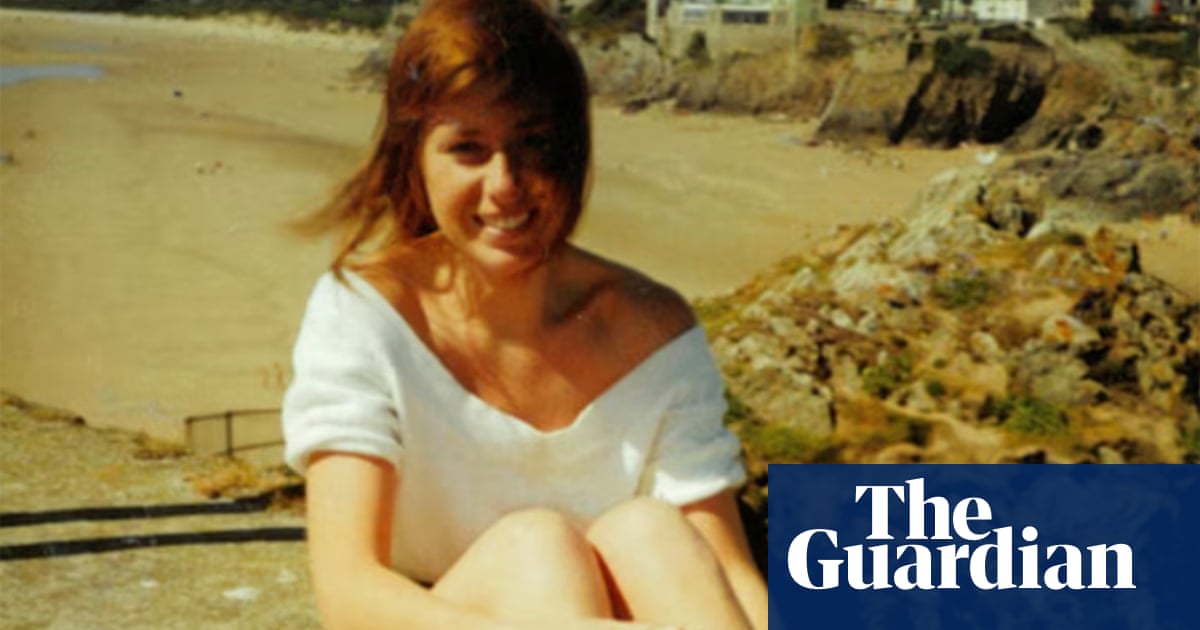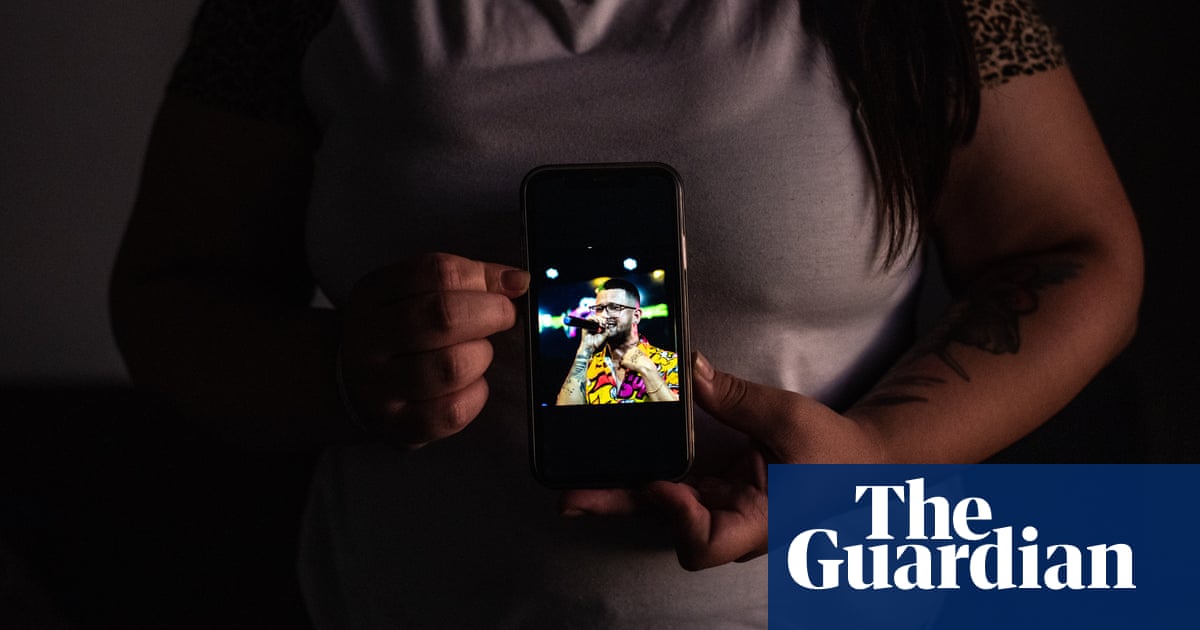There are not many romantic novels that include Brexit, Boris Johnson’s ICU stay and the “Edstone”. Then again, not many political novels begin with a classic meet-cute. Jessica Stanley’s UK debut, Consider Yourself Kissed, is – to misquote Dorothy L Sayers – either a political story with romantic interludes, or a romance novel with political interludes. It is also the kind of book that, for a certain kind of reader, will immediately become a treasure.
That meet-cute, then: Coralie, a young Australian copywriter, and Adam, a single dad, swap homes for a single night. Adam looks like a shorter, younger Colin Firth; Coralie waits in vain for him to tell her that she looks “like Lizzy Bennet, a known fact at school”. Coralie considers Adam’s neat bookcase of political biographies, including – to her joy – those of Australian politicians. Adam considers Coralie’s piles of “those green-spine books by women”. They fall in love, books-first, fairly instantly. And the reader who knows immediately that battered green spines mean Virago Press, and that what is being implied by Coralie’s careful collection is key to not just her character, but the character of this novel as a whole – that reader will also be irresistibly, hopelessly in love by chapter three. (If this meet-cute does nothing for you, you’re in the wrong place.)
This is a book for people who, like Coralie, love Nancy Mitford, the Cazalet Chronicles and The Line of Beauty. (Maybe also a hint of Kate Atkinson in the liberal use of ironic parentheses?) That these are Stanley’s literary inspirations is so evident that her novel almost feels like a kind of homage: not just in the funny, brisk, tender texture of her writing, but also in the upper middle-class world she details with such care. There is a clear Elizabeth Jane Howard-ness to Stanley’s fine latticework of family relationships and objects, and the way those objects – for example, the precisely detailed contents of Adam’s daughter’s backpack (“Five pens, two notebooks, a little skateboard … a fawn soft toy dog with enormous eyes, some shriveled conkers, and a slim work of Usborne nonfiction called Animals at War”) - build up to a precise evocation of time and place. What Alan Hollinghurst did with a wedding-cake pile in Notting Hill, Stanley now does for a terrace house in Hackney. (Such is London. Such is inflation.) Adam’s house – which becomes, practically if not strictly speaking financially, Coralie’s also – is a lovely and enviable place. There are artistic lesbian grandmothers to paint scenes (from Animals at War, obviously!) on bedroom doors; vintage baby-changing tables; pink workrooms and yellow nurseries.
And yet within this rarefied world, there are clear cracks: one might even say universal cracks, of the kind that not even adoring Adam and cautious Coralie can intellectualise. It is hard to write about the unfairness of Adam and Coralie’s relationship without wanting to excuse it, somehow, on behalf of two fictional characters. Adam just wants to succeed! He’s trying! When Coralie tells him to change, he tries! They make each other (and the reader) laugh; have great sex; are intellectual and emotional equals! I loved Adam; I loved Coralie; I loved their relationship and their family and their life. But when Coralie storms out to sleep in “what used to be … the spare room, but which (somehow) … had become Adam’s study”, that “(somehow)” leaps off the page. (I have long noticed that in a house with one spare room and a heterosexual couple who both work from home, the spare room is where he works – with a door that shuts and perhaps even a designated desk – and she works somewhere else. Always for good reasons, but always.)
Coralie knows all of this. She has “read novels” about this. And yet it’s happening to her. “How could the world … be made fair,” she wonders, “when two people who loved each other couldn’t even manage a life?” This is a book about making a better world, globally and domestically – and whether, perhaps, those two might amount to the same thing.
Stanley is clearly deeply interested in global affairs – her first novel, published only in Australia, detailed the death of a cabinet minister – and it does not always work seamlessly for the regular reader. Sentences that begin, “Sadly, developments in 2020 …” can feel more lecture than pleasure: I hate to think about Brexit as much as Adam wants to mention Brexit. And yet by grounding the novel in such a specific time and place, Stanley makes us believe that at least for these two characters – and perhaps the rest of us, too – the political and personal are inextricably braided together. How can we make a better world? How can we be better to each other? Perhaps, then, Consider Yourself Kissed is neither truly a romance novel nor a political novel – merely a very human novel. And a very good one.
Consider Yourself Kissed by Jessica Stanley is published by Hutchinson Heinemann (£16.99). To support the Guardian and the Observer buy a copy at guardianbookshop.com. Delivery charges may apply.
after newsletter promotion

.png) 6 hours ago
5
6 hours ago
5













































